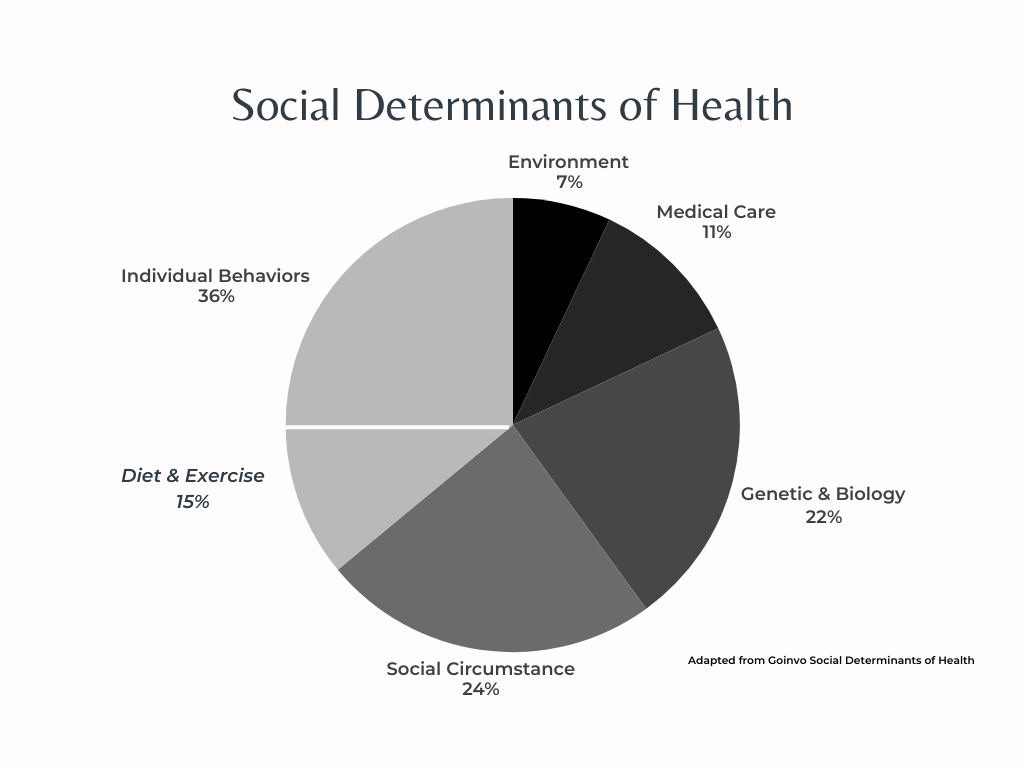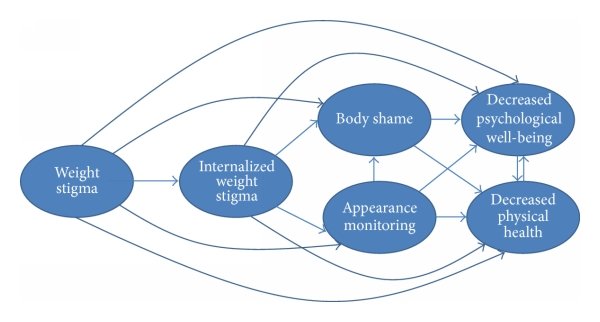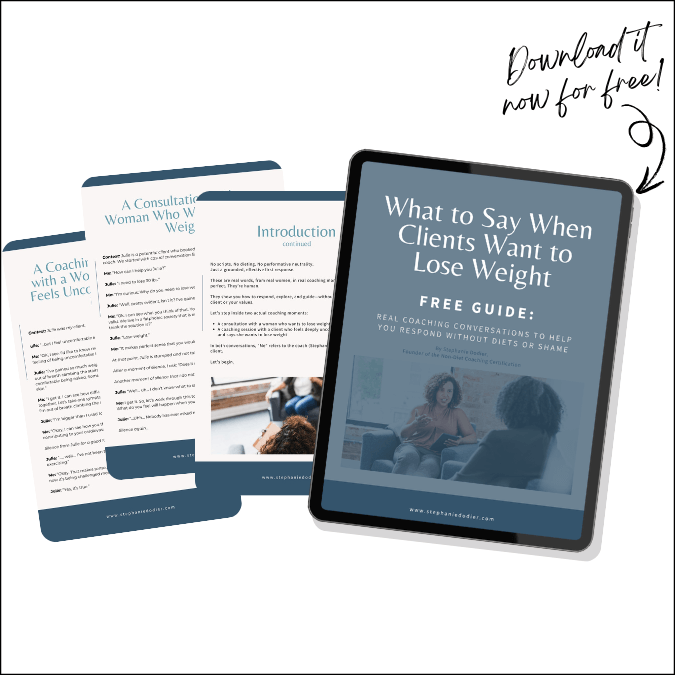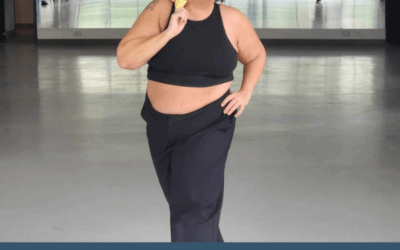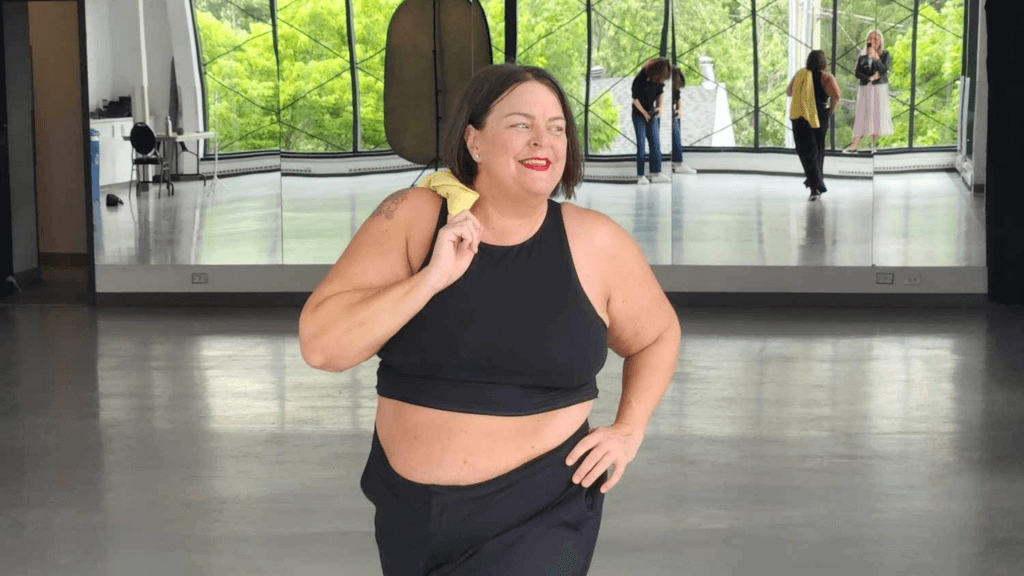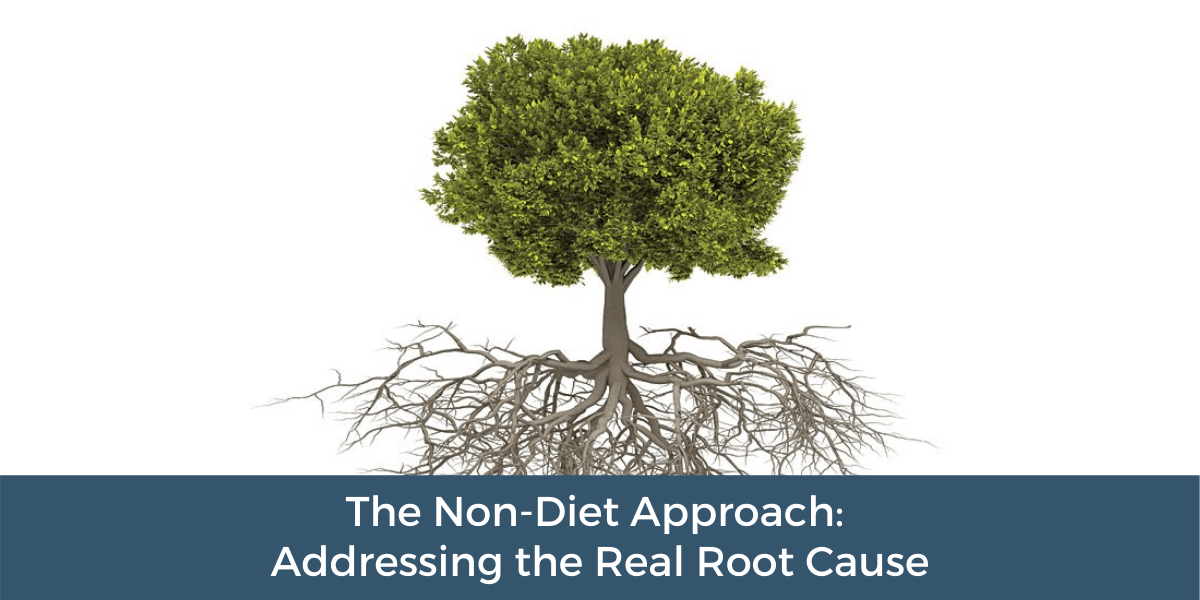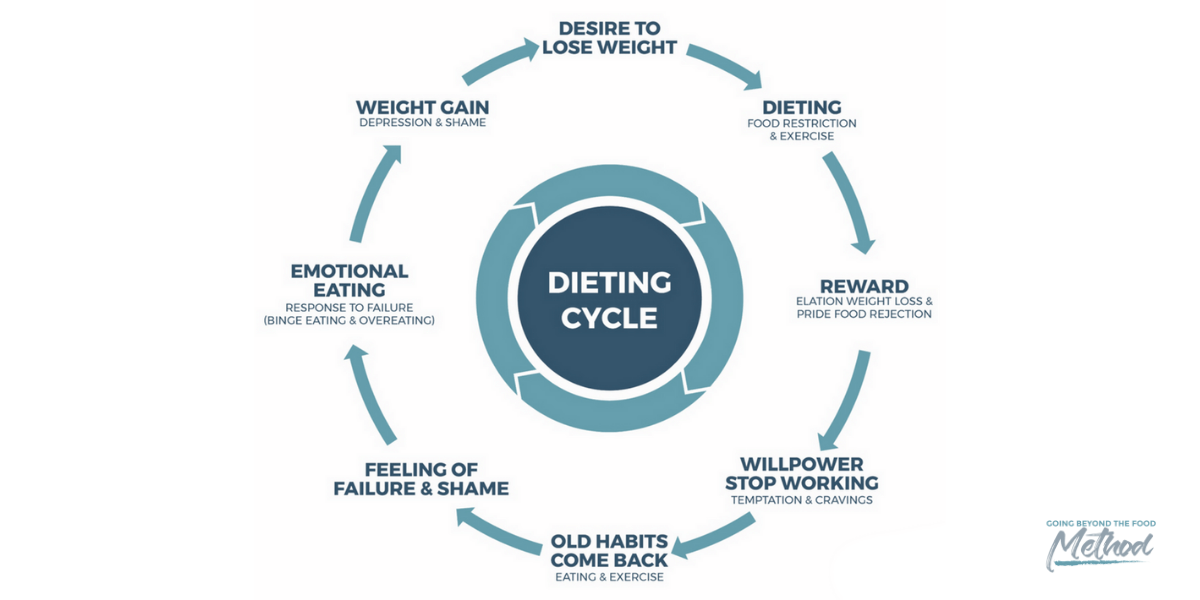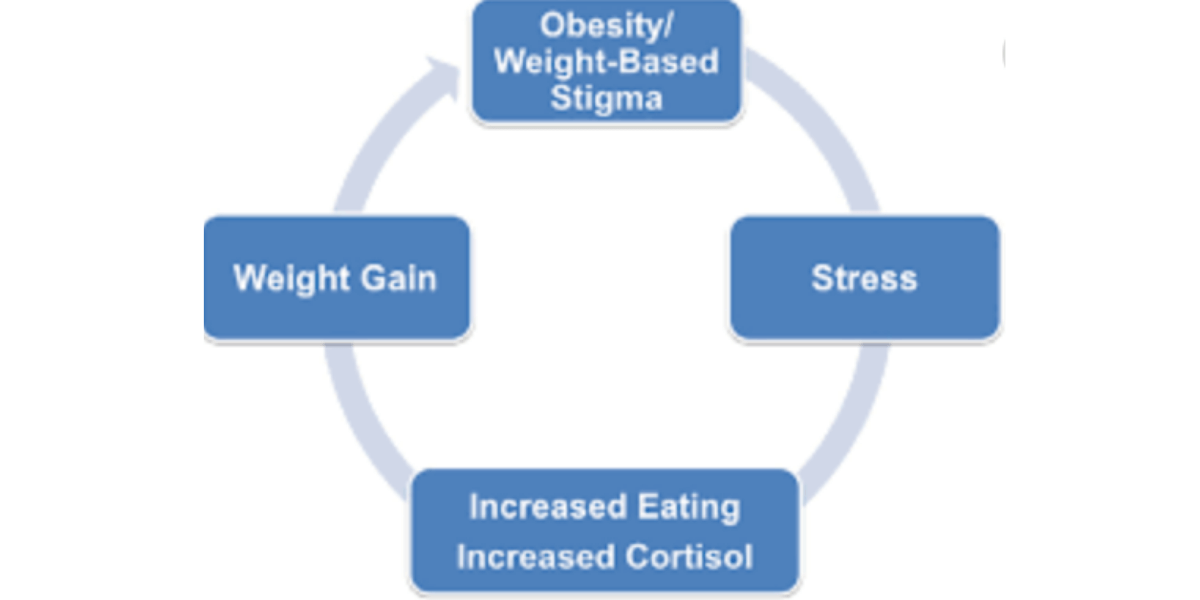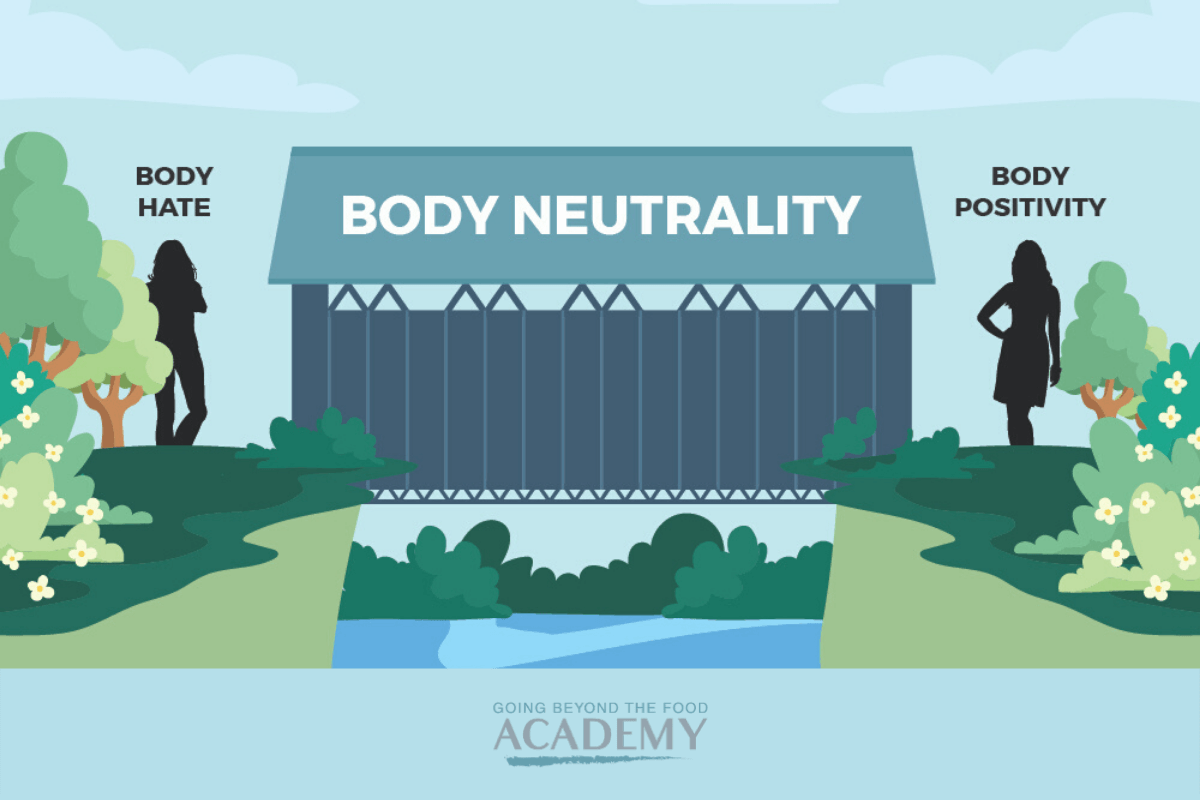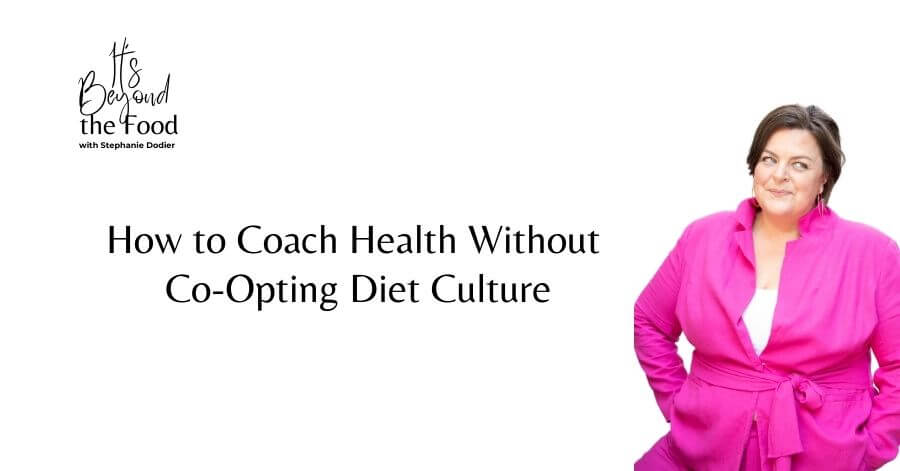

In the world of health and wellness, one question keeps coming up for thoughtful, anti-diet professionals: Can I coach health without reinforcing diet culture? If that question’s been echoing in your mind, you’re not alone—and you’re not off track.
Most of us were trained inside systems that equate weight with health. We learned to treat weight loss as the goal, the cure, the gold standard. And our clients? They’ve been socialized in the exact same paradigm.
But what if we told you there’s a better way? One that honors your clients’ whole humanity—body, mind, and spirit—without falling back into weight-centric scripts. That way is called weight-neutral health coaching. And this guide is your first step into that world.
What Is Diet Culture—and Why It Matters
Before we talk alternatives, let’s name the problem: diet culture.
Diet culture is a belief system that assigns moral value to body size, promotes thinness as health, and pushes restrictive eating as virtue. It shows up in our training programs, our textbooks, and even the well-meaning advice we give clients.
And it’s not neutral.
- It leads to body shame and disordered eating
- It reinforces systemic oppression
- It narrows health to physical appearance
As coaches and practitioners, when we operate inside this framework—whether knowingly or not—we reinforce harm. Even with the best of intentions.
Rather listen to the audio version of this blog? We’ve got you…
What Is a Weight-Neutral Approach to Health?
Weight-neutral health coaching begins with the radical idea that weight is not the defining factor of someone’s health.
Instead, it looks at health as multi-dimensional:
- Physical
- Mental
- Emotional
- Spiritual
- Social
It considers the whole person, not just the number on the scale. That includes their identities, their lived experiences, and their environment—the full spectrum of what’s known as the social determinants of health.
Why Coaching Health Without Diet Culture Matters
Let’s get one thing straight: this isn’t about being soft. It’s about being effective.
Weight-centric health coaching doesn’t work long-term. It creates yo-yo cycles, disconnection, and shame.
Weight-neutral coaching, on the other hand:
- Promotes sustainable behavior change
- Centers bodily autonomy and emotional safety
- Encourages curiosity instead of judgment
It’s not just possible—it’s essential. And your clients are ready for it.
8 Tangible Ways to Coach Health Without Co-Opting Diet Culture
You don’t need to overhaul your entire practice overnight. Here are 8 places to start:
1. You Can’t Hate Yourself Into Health
Most clients arrive believing they have to suffer to succeed. Your job? Help them unlearn that.
Focus on healing body image and building worthiness that isn’t tied to appearance. Research shows poor body image is a predictor of disordered eating. Body dissatisfaction is the best known contributor to eating behavior disturbance.
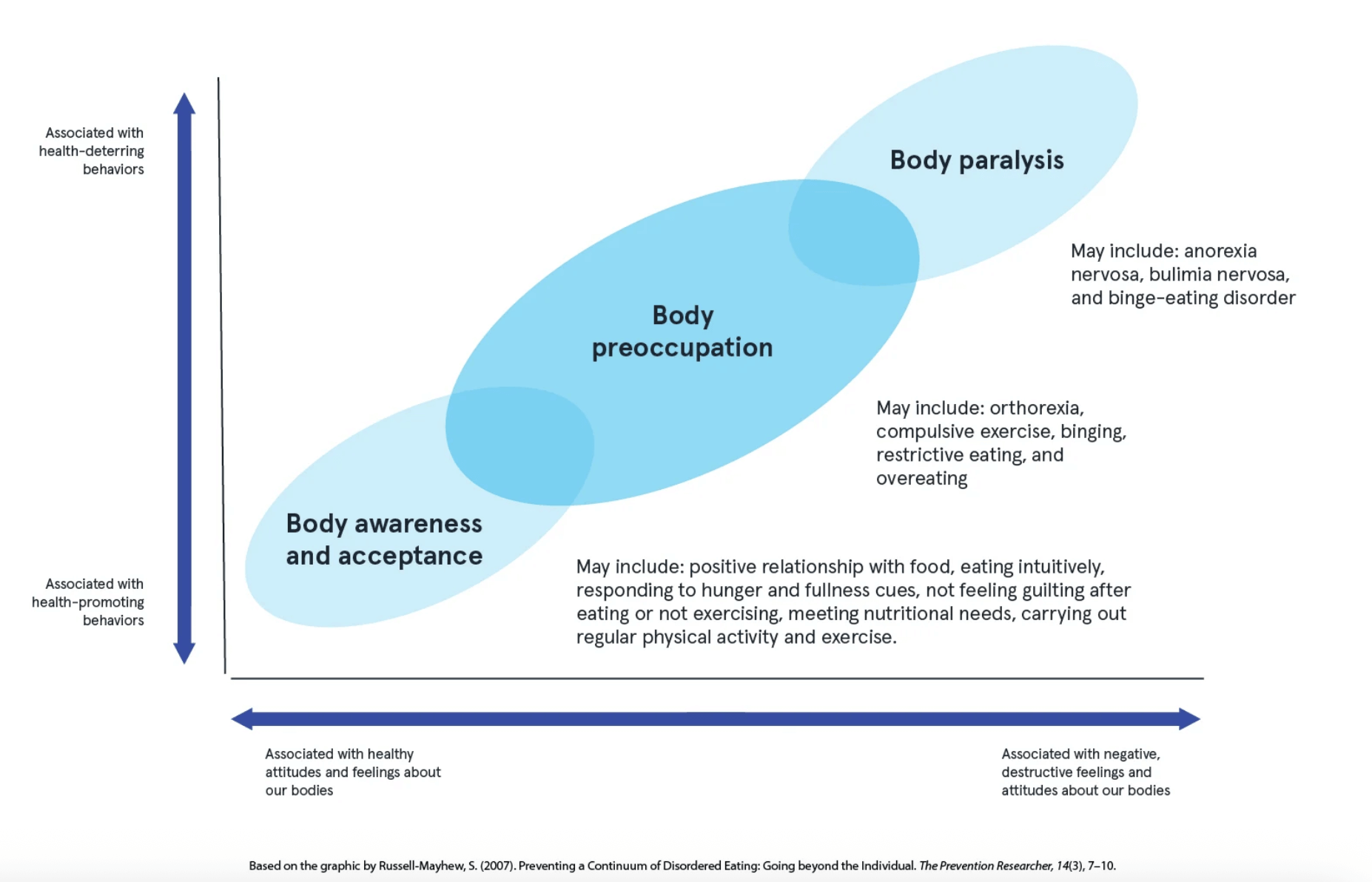

2. You Can’t Stress Yourself Into Health Either
Health behaviors rooted in guilt or stress aren’t sustainable. Teach clients how emotional regulation, nervous system care, and rest impact their well-being.
This means less pushing, more pausing.
3. Coach the Mind, Not Just the Meal Plan
Clients’ thoughts create their emotions, which drive their behaviors. Enter: Cognitive Behavioral Coaching.
You don’t need to be a therapist to help clients reframe toxic beliefs about health, food, or their bodies. You need a framework that honors their full experience.
4. Reframe Health as Self-Care
True health isn’t a checklist. It’s how we care for ourselves daily—in ways that actually feel good.
Help clients shift from punishing routines to compassionate care across mental, physical, and emotional dimensions.
5. Use Self-Compassion as a Coaching Tool
Perfection isn’t the goal. Consistency is. And consistency requires grace.
When clients “fall off track,” teach them how to respond with compassion, not criticism. That’s how behavior change sticks.
6. Sleep Is a Health Intervention
It’s not just about what we eat or how we move. Health coaching includes life coaching.
Poor sleep habits often trace back to deeper issues: boundaries, people-pleasing, or lack of support. Dig there.
7. Repair the Relationship to Food
Before diving into nutrition education, clients need to relearn how to eat without fear.
Start by restoring hunger, fullness, and satisfaction cues. This lays the foundation for sustainable nourishment.
8. Teach Gentle Nutrition, Not Food Rules
Once the food relationship is stabilized, you can layer in gentle nutrition—flexible, realistic guidance that doesn’t require perfection.
Simplicity is key. Complexity creates dependence. Your clients need tools, not more rules.
What About the Research?
There is research supporting weight-neutral health approaches—though it’s often overshadowed by the sheer volume of weight-centric studies. Still, the evidence we do have tells a compelling story.
One of the most comprehensive reviews, The Weight-Inclusive versus Weight-Normative Approach to Health, argues that focusing on well-being rather than weight loss results in better physical and psychological outcomes. This review highlights the limitations of weight-centric approaches and makes a strong case for reorienting care around behaviors, not bodies.
Similarly, studies on the Health at Every Size® (HAES) model show improvements in health markers like blood pressure, cholesterol, eating behaviors, and psychological well-being—without intentional weight loss. These findings suggest that when we de-emphasize weight, we don’t lose effectiveness—we gain sustainability.
Another meta-analysis examining weight-neutral interventions concluded that these approaches can support long-term health behavior changes and reduce disordered eating patterns. They emphasize client autonomy and psychological safety, two key ingredients for transformation. Review that research here.
If you’re new to the HAES model or want to understand its principles, start here with ASDAH—the Association for Size Diversity and Health.
How to Coach Health Without Co-Opting Diet Culture: Podcast Library
Looking to learn on the go? Here are essential podcast episodes from our library:
- Failure of dieting – The facts (Ep. 286)
- Weight Set Point (Ep. 214)
- The BMI and why it’s no effective measure of health (Ep. 216)
- What is Wellness Culture & Healthism (Ep. 228)
- Health Goals versus Weight Loss Goal (Ep. 264)
- The Weight Neutral Approach to Health (Ep. 208)
Final Thoughts: Coaching Beyond the Scale
Coaching health without diet culture isn’t a compromise. It’s a revolution.
It’s how we help clients unlearn shame, rebuild trust, and finally take up space—in their bodies and their lives.
And if you’re thinking, This is the kind of coach I want to be… you’re in the right place.
Ready to Coach Health Without Co-Opting Diet Culture?
You can access all of our services on our work with us page. We have a number of programs and service levels enabling us to serve most women:
Free Resources and Masterclasses: Get started and get to know us better!
Private coaching with Stephanie and her team Stephanie and her team of Certified Non-Diet Coaches are waiting to support you in a one-to-one setting with an individualized plan.
Non-Diet Coaching Certification for professionals ready to integrate the Going Beyond The Food Method™️ in their practice and for women wanting to become a Certified Coach and build a business coaching other women beyond the food.

